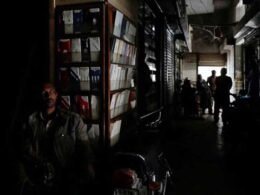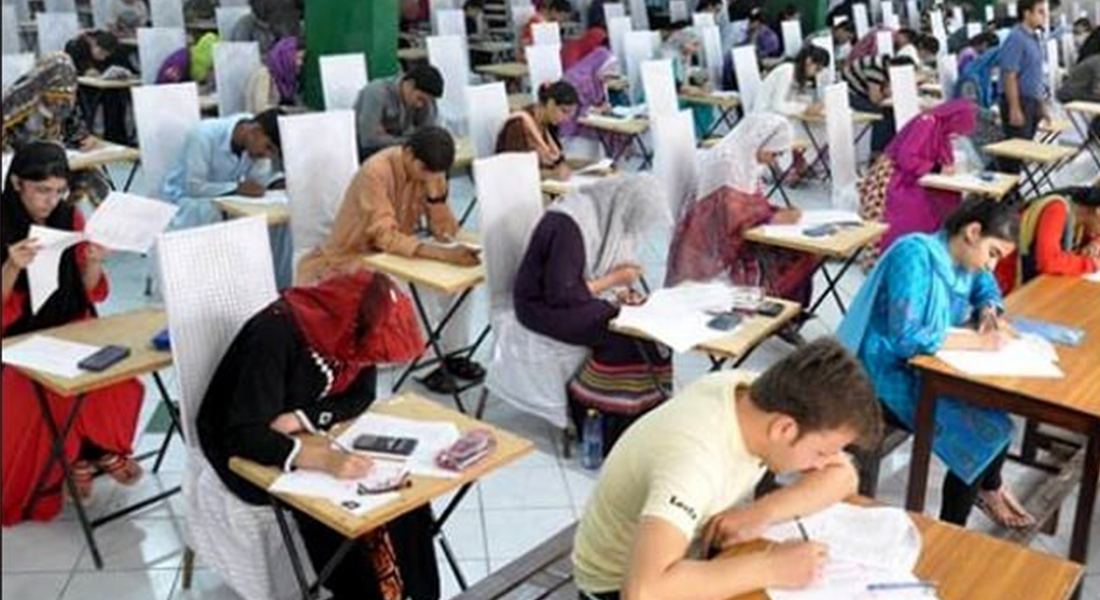At the hearing for a petition asking for the elections to be delayed, former attorney general Khalid Jawed Khan stated that Karachi needs to have local government elections immediately since the city is quickly becoming a graveyard.
“There are no roads in the traditional meaning of the word. The city’s uneven, unmetalled roads make navigating it similar to a safari ride, the attorney claimed.
Headed by Chief Justice of Pakistan (CJP) Umar Ata Bandial, the Supreme Court bench consisted of Justice Syed Mansoor Ali Shah and Justice Ayesha Malik. It had taken up a number of applications submitted by the Pakistan Tehreek-i-Insaf and Muttahida Qaumi Movement challenging the Sindh Local Government Act (SLGA).
On Wednesday, the Supreme Court ordered Sibtain Mahmood, Sindh’s Additional Advocate General, to bring in some experts to describe how the delineation of constituencies for local government elections was handled.
According to a former NA speaker, the latest delimitation caused her vote to move from Badin to Karachi.
The bench was alerted to the “pathetic state of circumstances” in Badin, the hometown of Fehmida Mirza, a former speaker of the National Assembly.
She lamented the removal of her name from the district’s voter list and transfer to Karachi after being elected MNA from Badin five times. According to Ms. Mirza, the delimitation process flagrantly broke the law because “variation to the magnitude of 60%” was observed between the least and most populous constituency.
Khalid Jawed Khan stated that because the previous local government’s term had ended and voting for LG elections had already been conducted in four divisions of the province, Sindh currently lacked an elected local government. On August 28, voters in Karachi and Hyderabad will cast their ballots.
The former attorney general further noted that ballots for LG polls had already been printed, sent to the polling places, and personnel had received training.
The CJP made a comment during the hearing that the court needed to determine whether any “application of mind” was used when dividing the constituencies and carrying out the delimitation.
If Section 10(1) of the SLGA were properly enforced, Justice Ayesha Malik stated, the delineation of constituencies for LG elections would never become debatable.
The attorney emphasised that when the work of delimitation was given to an unbiased and neutral constitutional body—the Election Commission—it effectively handled the threat of gerrymandering and improper allocation of constituencies in various districts of Hyderabad and Karachi.
He pointed out that neither the petitioners nor the panel had any justification for manipulating the delimitation procedure.
“The only difference noted by the petitioners was the larger than 10% permitted fluctuation in the size of the Constituencies. All constituencies should have an equal population, with a variation margin of no more than 10%, according to the petitioners’ main argument. “If the petitioner’s representations are adopted, the current National and provincial parliament would become illegal.”
For instance, according to Khalid Jawed, three competing candidates receive 40,000, 35,000, and 25,000 votes in a constituency with a total of 100,000 votes cast. Even though she falls short of a simple majority (50%) she wins with 40,000 votes. “This contradicts the idea that each vote should have equal weight and importance.”
He argued that the ECP has no authority to determine the make-up, number, or electoral units for elections to the national, provincial, or municipal governments.











